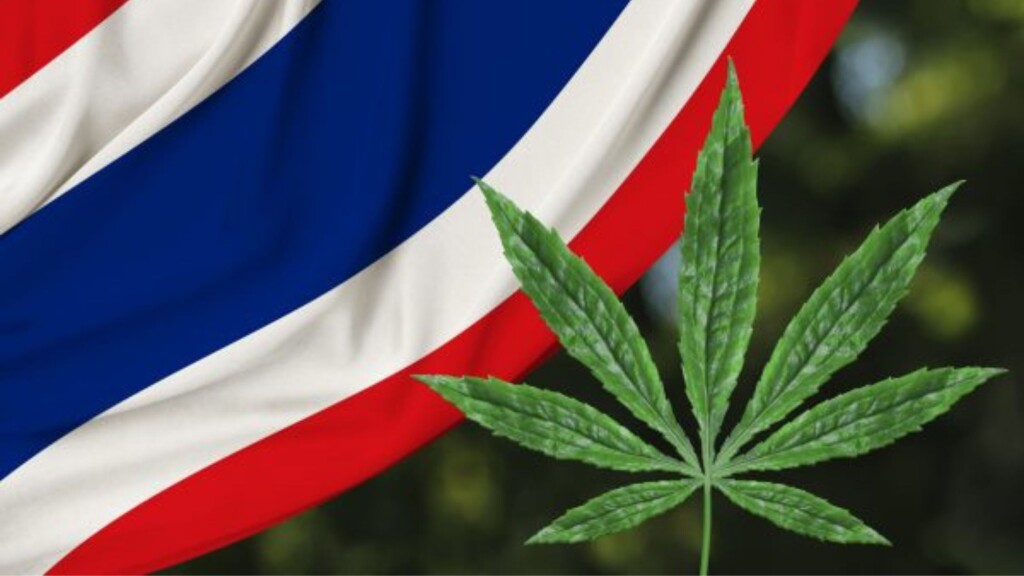
On June 9, 2022, Thailand delisted both cannabis and hemp plants, their unprocessed parts, and carved out extracts containing low tetrahydrocannabinol (THC) level (i.e. < 0.2% by weight) and seed oils derived from cannabis or hemp plants in Thailand from the Narcotics Code, officially becoming the first country in Asia to legalize the cultivation, sale and utilization of the plant for medical and other permitted purposes. For centuries, cannabis was used in Thailand in the form of traditional medicine, until it was banned in the 1930s due to international pressure. In 1979, Thailand’s Narcotics Act specifically designated cannabis and hemp as Category 5 illegal substances. Under this Act, the production, trade or possession of cannabis and hemp was considered a criminal act punishable by heavy fines and/or prison sentences. Thereafter, all activities related to cannabis plants and their derivatives have been highly regulated until a gradual relaxation of the applicable laws over the last few years.
A market ready to get high
The global hemp market was valued at USD 4.75 billion in 2020. Allied Market Research anticipates strong growth ahead, and predicts that an average annual expansion of 21.6% in the global market will expand the market to a record high of USD 18.6 billion by 2027, although this is still somewhat low compared to the world trade in cannabis. By 2025, the Thai market for hemp is forecasted to have a value of THB 15.77 billion1. The ‘Global Cannabis Market’ report estimates that in 2020, the global cannabis trade was worth USD 22.9 billion, split between USD 6.12 billion from medical marijuana (26.7% of the total) and USD 16.8 billion from recreational uses of cannabis (73.3%).
The combined market for marijuana and hemp in Thailand will expand by about 15% annually up to 2025, when it is likely to reach THB 43 billion (approximately USD 1.2 billion), creating opportunities for growers and small businesses, according to the University of the Thai Chamber of Commerce2.
Since the growth of cannabis and hemp markets is beneficial in terms of both medical and economic purposes, several legal frameworks and guidelines throughout the cannabis and hemp product’s lifecycle have been developed and relaxed. So far, more than 2,900 licenses for distribution, cultivation, importation, exportation, possession and extraction have been granted across Thailand. Moreover, the Thai Food and Drug Administration, announced registrations of over a thousand cannabis-related products, including herbal products, food, and cosmetics.
However, following the June 9, 2022, delisting, Thai nationals can now freely cultivate, sell, or purchase cannabis and hemp seeds, plants, and inflorescence in Thailand, and therefore licenses for the cultivation, possession, and distribution of cannabis are no longer required. The recreational use of cannabis, and its subsequent misuse and potential health issues arising therefrom, have become widespread. Although relevant license(s) under applicable law(s) other than the current Narcotics Code are still required, — licenses under Thailand’s Food Act, Herbal Products Act, Cosmetics Act and Drug Act — loopholes from this liberalization of the use of marijuana in Thailand remain
Thailand Delists Marijuana from the Category 5 illegal substance – What’s next?
In July 2022, over 850 doctors and medical staff called for the government to reverse the decision, pending the implementation of adequate controls to prevent the abuse of cannabis by young people. They joined forces in a campaign to close loopholes in the legalization governing cannabis. This is because, after the Ministry of Public Health removed cannabis from the list of banned narcotics in June 2022, it was found that consumers were adversely affected, such as overdosing due to excessive use, rather than merely using the herbs for recreation, which is not what the Thai government had in mind.
In a statement released by these 850 health professionals, it was stated there is no policy in place to control the use of cannabis comprehensively and safely. This has led to children and young people being able to freely access cannabis in social settings for recreational use, which is at odds with the liberal cannabis policy that the government and its stakeholders have claimed is designed to enable more people to have access to medical cannabis. The current situation is therefore considered a short-term threat to the public health system and public health and will also have long-term health repercussions. This campaign has attracted more than 10,000 signatories. However, the Thai government persists in pushing the bill on cannabis and hemp through, stating that we have come too far to turn back now. To allay the medical professionals’ concerns, certain regulations are proposed to be introduced to regulate the use of cannabis.
It is worth emphasizing that although cannabis plant parts and certain extracts therefrom have been removed from the list of banned narcotics, many activities relating to cannabis and hemp remain regulated thereafter. The cultivation, processing, sale and use of cannabis and hemp plants, parts and extracts will soon be controlled by the Cannabis and Hemp Act, which is expected to be finalized by the end of August 2022, before it is presented for approval by parliament and royal endorsement3.
Under the Cannabis and Hemp Bills, any person wishing to produce (including cultivate), import, export, sell and possess cannabis and hemp will require licenses to do so, and the following activities will only be permissible after a notification has been provided to the relevant authority:
- production (including cultivation), import, export, sale and possess cannabis and hemp by medical professionals;
- household planting of cannabis and hemp not exceeding the capped amounts; and
- planting of hemp not exceeding the capped amounts for use in the textiles industry.
In an attempt to prevent cannabis abuse, the Cannabis and Hemp Bills will only allow cannabis and hemp to be used for (i) medicinal purposes in accordance with instructions from medical professionals and (ii) privately utilization in households, i.e. for medical use which has been notified to the relevant authority. No license is required in either of these two cases. Moreover, upcoming legislative bills will be introduced to combat the abuse of cannabis and control its use by children, pregnant or lactating women, and other persons as prescribed by the notification of the Public Health Minister.
The way forward – Stay on the right side, and wait for the right time
As the government works hard to develop more effective laws to seal off any remaining legal loopholes, it has decided to move forward with this liberalization. This is perhaps a clear indication from the regulators. Organizations wishing to conduct business in this rapidly increasing market should take special care to be on the right side of these complicated laws at all times – preparing and waiting for the right time for the business to go sky high.
Although the potential rewards of this sector are tremendously lucrative, the associated risks are very real. Organizations must keep an eye on these developments and the enhanced licensing regime, and only invest with a clear and thorough understanding of the law, including what cannabis-based and hemp-based products and activities are permitted, and who can legally use such products.
We can help companies and investors get into the hemp industry while remaining safely compliant with all regulations. Whether your organization aims to establish Thailand as a progressive medical hub by increasing the use of marijuana in the medical industry or incorporating the use of non-THC cannabis into other sectors, contact us today. We’ll be happy to guide you through this challenging – and changing – legal landscape.
August 2022
Get in touch
___________________
Ekachai Chotpitayasunon
Partner
Ekachai.c@kap.co.th
Kongkoch Yongsavasdikul
Partner
kongkoch.y@kap.co.th
Chuenkamol Viriya
Associate
chuenkamol.v@kap.co.th

Kudun and Partners
________________
23rd Floor, Unit C and F, Gaysorn Tower 127, Ratchadamri Road,
Lumpini, Pathumwan
Bangkok, 10330, Thailand
About Us
____________________
Healthcare and Pharmaceuticals sector
Kudun & Partners is a leading Thai law firm with considerable experience maximizing the potential of transactions for domestic and foreign companies working in healthcare and pharmaceuticals. We provide legal advice with a business mind. Our team is made up of some of the region’s most respected specialists in healthcare pharmaceutical law in Thailand, who take a dynamic and enterprising approach to legal advice.
- Hemp: A new cash crop that brings both challenges and opportunities, https://www.krungsri.com/en/research/research-intelligence/hemp-2021
- Cannabis market seen growing to B43bn by 2025, https://www.bangkokpost.com/business/2350907/cannabis-market-seen-growing-to-b43bn-by-2025
- Pot policy ‘won’t be axed’, https://www.bangkokpost.com/thailand/general/2354736/pot-policy-wont-be-axed












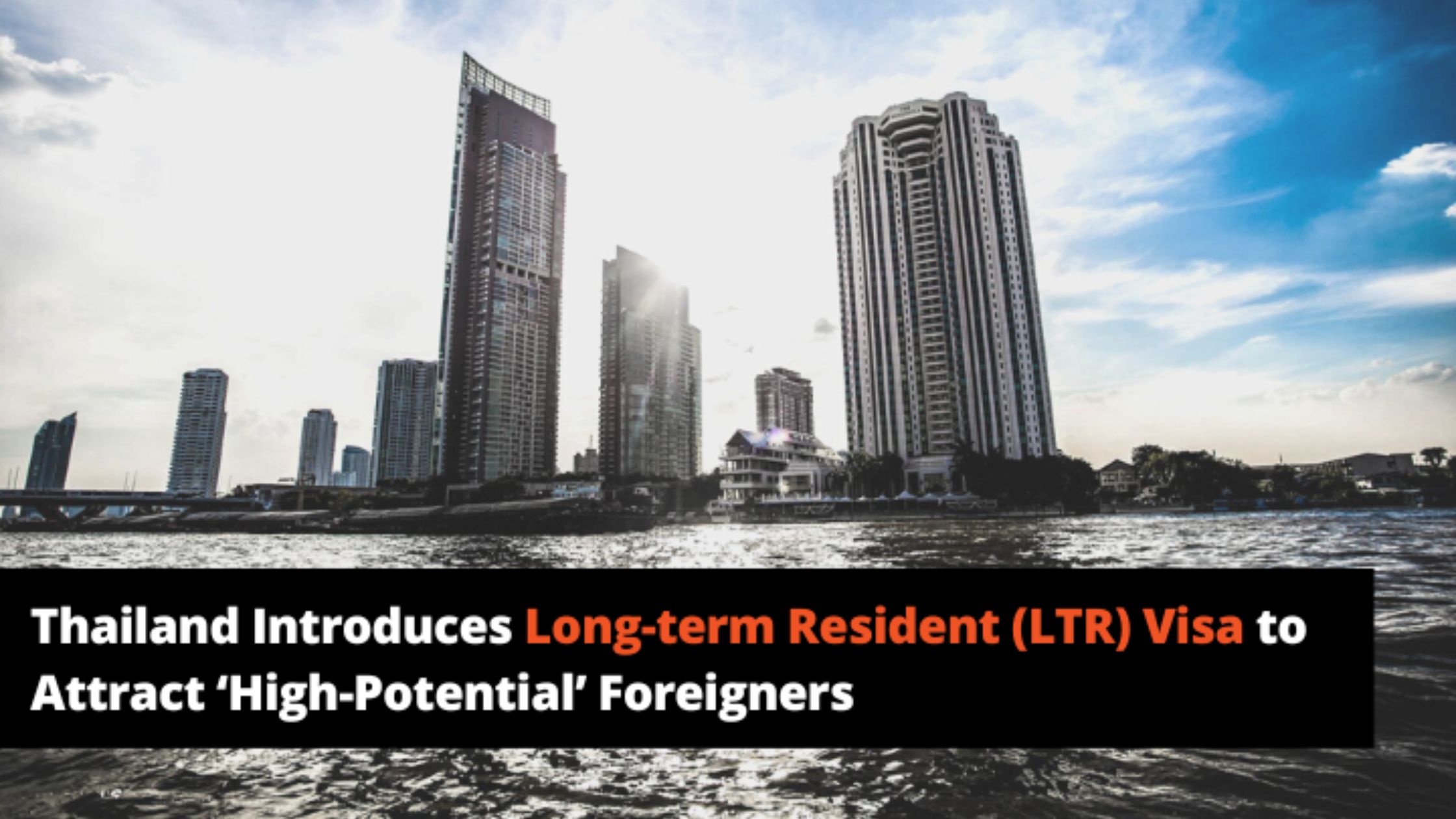
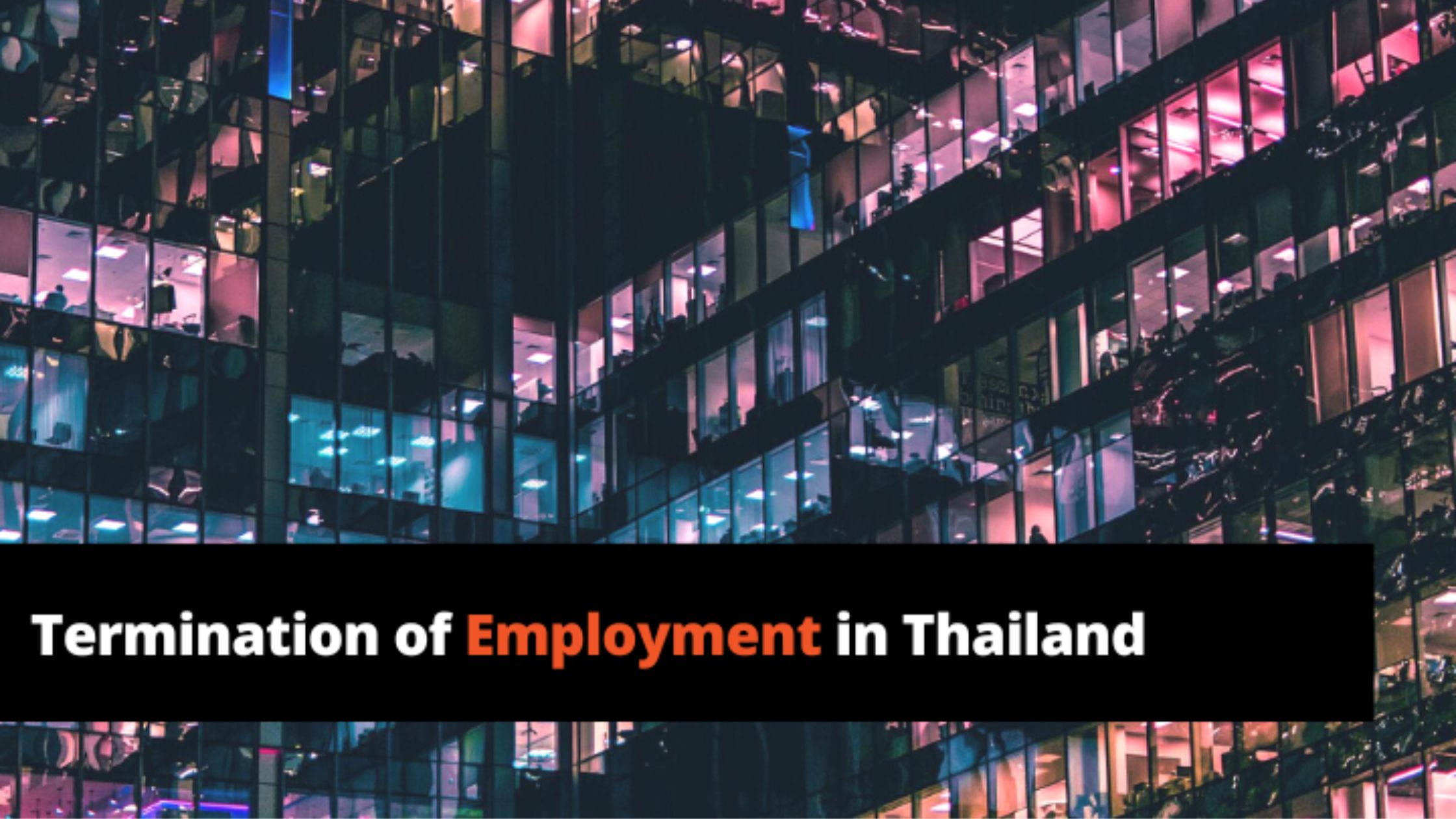







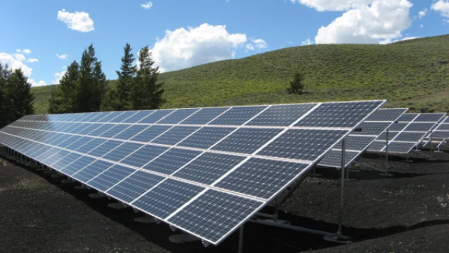
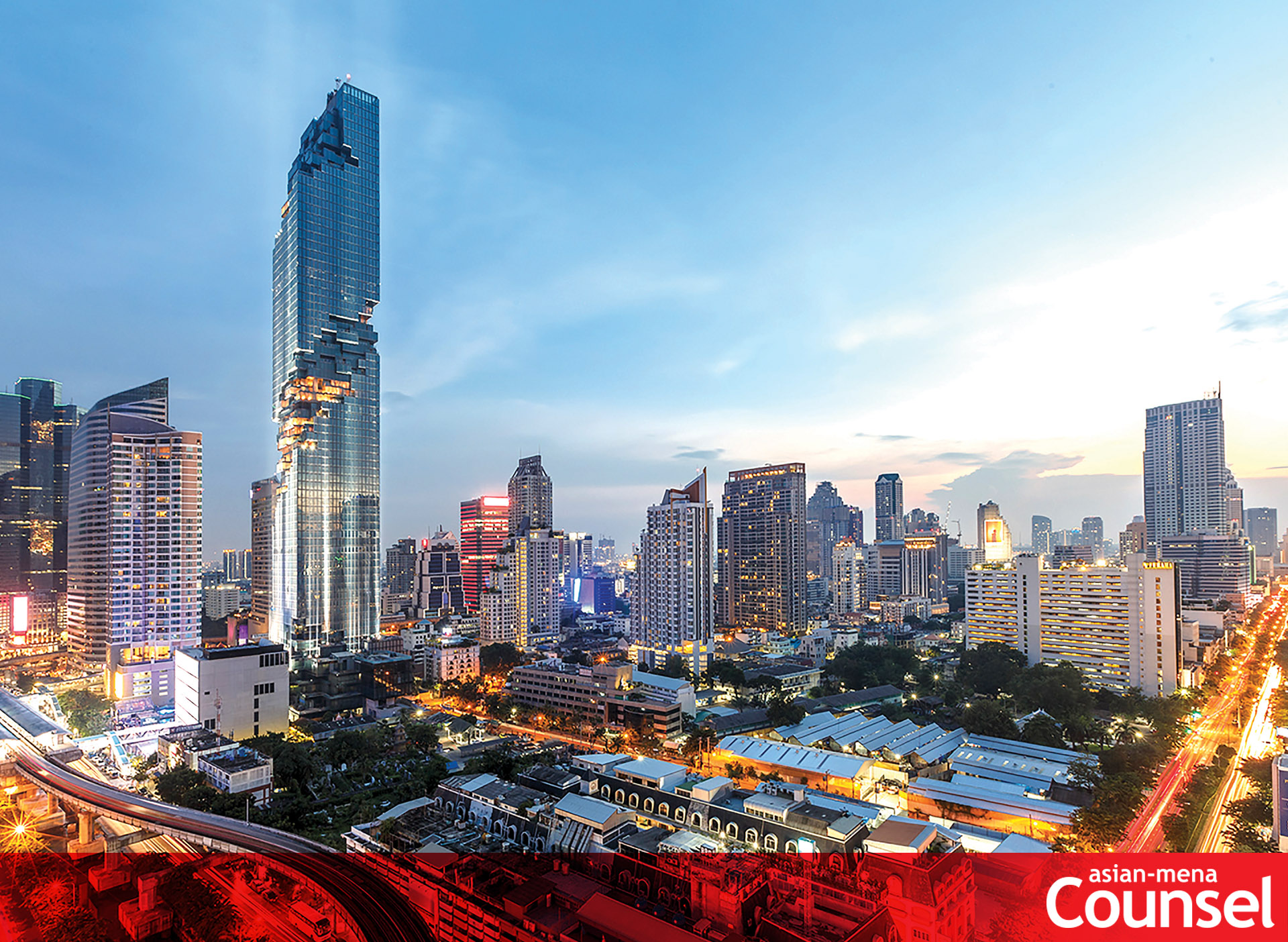
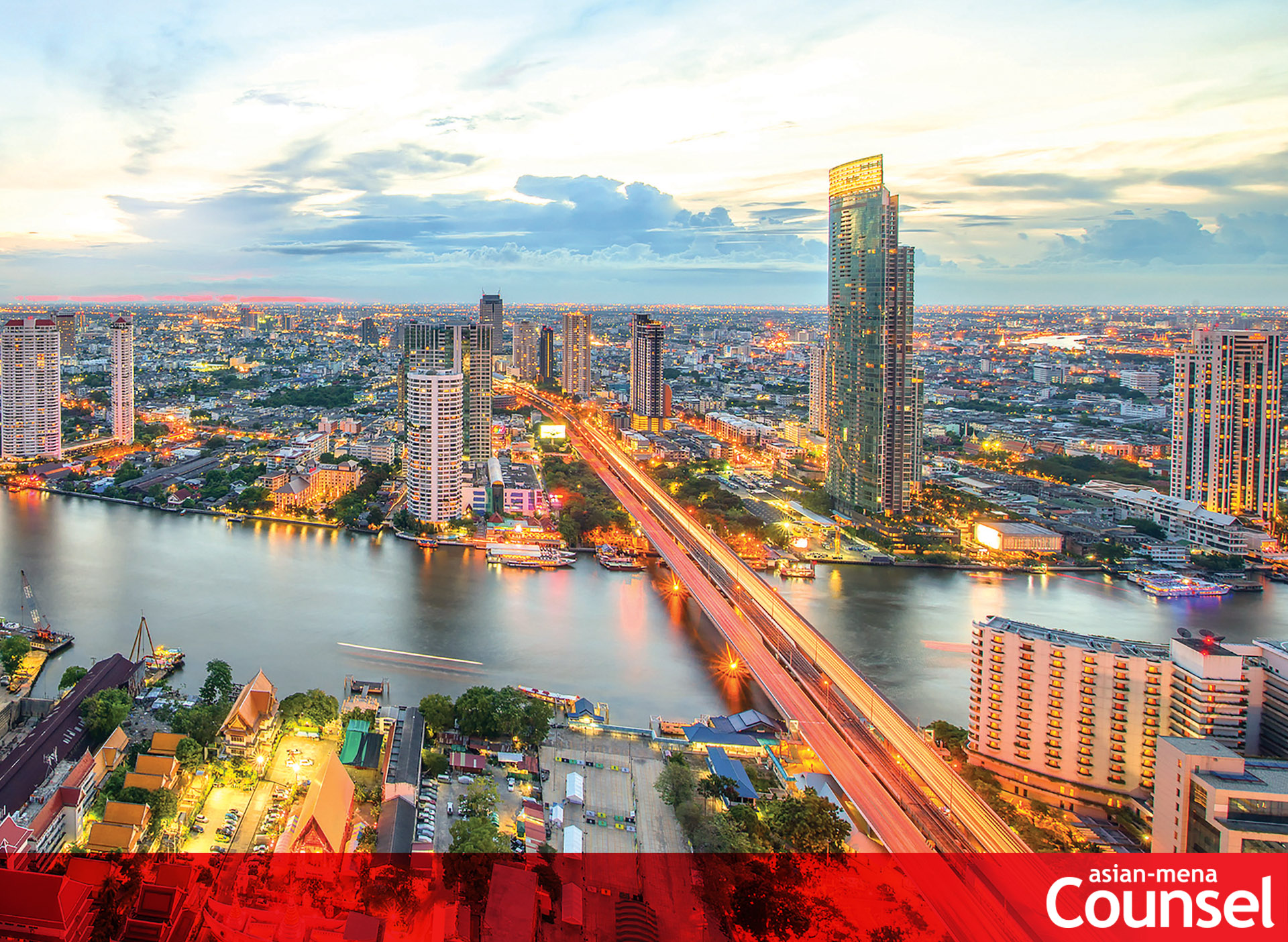






 Kudun and Partners Limited
Kudun and Partners Limited Kudun Sukhumananda
Kudun Sukhumananda Troy Schooneman
Troy Schooneman







